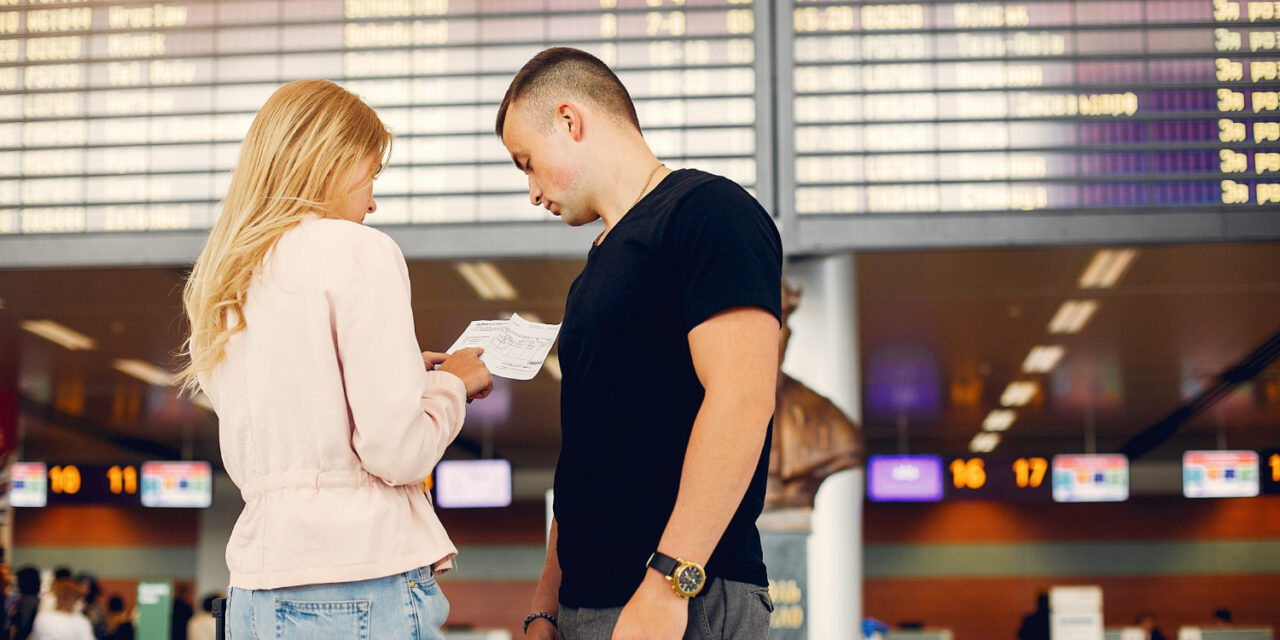Research has found it takes a flight delay of just 64 minutes for passengers to see red and in the era of social media, it takes less than seconds for this frustration to be published onto multiple social platforms, causing a significant amount of reputational damage to an airline and the aviation sector.
The recent global power outage, which grounded flights and caused widespread travel chaos, highlights the inevitability of disruptions in the aviation industry. While airlines manage complex operations and address both internal and external factors, ground transportation experts from travel company CMAC Group argue the passenger experience is often overlooked.
Peter Slater, CEO of CMAC Group, commented on this, saying: “Disruptions are an unavoidable aspect of air travel, but the key lies in how we manage them.
“By adopting an efficient disruption management framework, airlines can significantly minimise the negative impact on passengers despite the challenges. This proactive approach not only safeguards the airline’s reputation but also strengthens the overall resilience of the aviation sector.”
Advertisement
Peter went on to provide four ways airlines can navigate these disruptions.
1. Personable Communication
“It’s paramount for airlines to ensure effective and transparent communication is issued across a variety of accessible channels.
“Technology is broadly embraced by passengers overall; however, when faced with the unforeseen circumstances of aviation disruption, passengers are more inclined to reach out for assistance from human support and a more personable touch.”
Research conducted by CMAC Group surveyed 1,100 travellers who had taken a return flight within the past 12 months, with a staggering 82% promoting the superiority of human support as opposed to technology in times of disruption.
“Unlike automation, humans have the advantage of truly engaging with each other, offering an empathetic approach to a situation where we understand the gravity and stress it can induce. Interaction between an experienced ground staff member and a troubled passenger will greatly empower the trust and loyalty of an airline, providing the opportunity for an employee to help increase passenger satisfaction and proactively manage expectations.”
2. Flexible Re-booking Policies
CMAC’s research suggests that airlines may be falling short of their duty of care obligations, with a majority of 53% of passengers stating that their airline did not provide either travel or accommodation solutions.
Peter went on to say: “Times of disruption should be taken as a prime opportunity for airlines to showcase how their dynamic blend of customer-orientated solutions and an operationally swift turnaround gives an advantageous edge against how their competitors may react in a similar scenario.
“Airlines should be compelled to revise their re-booking and accommodation policies to provide alternative arrangements such as arranging alternative flights, providing transport and overnight accommodation for those experiencing extended delays, and offering bonus air miles or vouchers to put towards a future flight. These approaches have the intention of regaining any loss of trust between the traveller and airline whilst showing a passenger-focused approach.”
Advertisement
3. Automation and Technology Investment
“During times of disruption, the trajectory of technology in aviation not only accelerates the recovery time of an operation, but it also allows passengers to receive prompt, honest time updates regarding their flight schedule, gate changes and other relative travel information via mobile apps or SMS alerts.
“Personalised means of digital communication present the opportunity to empower passengers by making better-informed decisions, potentially arranging alternative travel solutions if necessary or at the minimum ensuring they are kept ‘in the loop’ regarding their travel plans, consolidating the trust built between airline and passenger.”
4. Post – Disruption Engagement
Peter concluded by saying: “Following on from cases of disruption, it’s important to re-engage with the customer after a disappointing experience, demonstrate condolences, and express a genuine interest in sourcing the root cause of the grievance and taking accountability. Reaching out to passengers, proactively communicates that feedback is welcomed and will be utilised in creating a contingency plan to provision the risk of the incident arising again.
“It’s impossible to rule out any form of disruption due to the industry’s unpredictable nature, but airlines can empower each other by openly communicating, creating a standard of inclusiveness and genuine care for customer experience.”
















